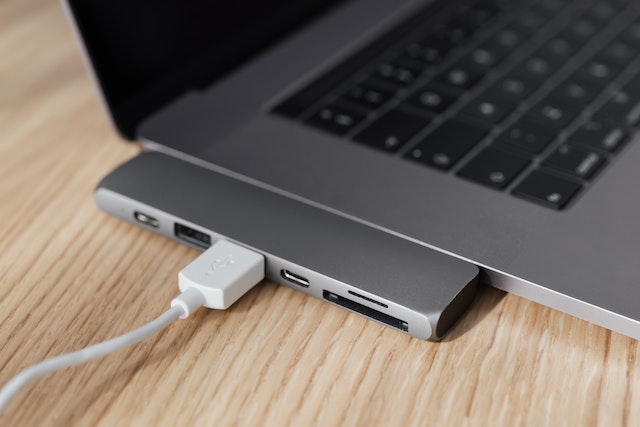Introduction
In the ever-evolving landscape of technology, the importance of efficient and reliable connectivity cannot be overstated. M12 cables, with their unique design and robust capabilities, have emerged as a vital component in a wide range of applications across various industries. In this blog, we will explore the world of M12 cables, delving into their characteristics, applications, and the reasons behind their growing popularity.
The Anatomy of M12 Cables
M12 cables are characterized by their circular connectors, which are available in various sizes. The ‘M’ in M12 stands for ‘Metric,’ and the number represents the diameter of the thread in millimeters. Common M12 connector sizes include M12x1, M12x1.5, and M12x2. The connectors have a specified number of pins or wires, typically ranging from 3 to 8 pins. The connectors are designed to be compact, rugged, and resistant to environmental factors, making them suitable for a wide range of applications.
Robustness and Durability
One of the key advantages of M12 cables is their robustness. These cables are designed to withstand harsh environments, including exposure to dust, moisture, and temperature extremes. They are often made with IP67 or IP68 ratings, ensuring a high level of protection against water and dust ingress. This durability makes M12 cables ideal for use in industrial, automotive, and outdoor applications where standard connectors might fail.
Versatility Across Industries
M12 cables have found their way into a multitude of industries due to their versatility. Here are some key sectors where M12 cables are widely utilized:
Industrial Automation: M12 cables are commonly used in industrial automation systems to connect sensors, actuators, and other components. The robust design and resistance to interference make them ideal for this demanding environment.
Automotive Industry: In the automotive industry, M12 cables are used for connecting various sensors, control units, and communication systems. Their resistance to vibrations and environmental factors is a significant advantage.
Ethernet and Data Communication: M12 cables are also used in data communication, with variants like M12 Ethernet cables. They enable high-speed data transfer in demanding applications, such as in manufacturing facilities or outdoor installations.
Medical Devices: M12 connectors are finding their way into the medical field, connecting various devices and sensors in a hygienic and durable manner.
Connectivity Options
M12 cables come in a variety of connector types, including A-coded, B-coded, D-coded, and X-coded connectors.
